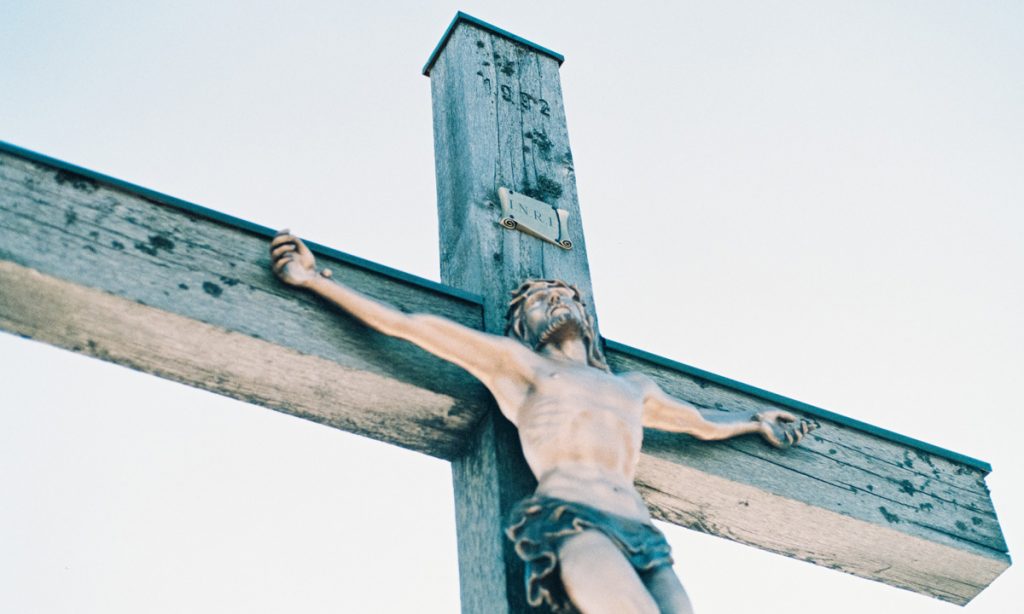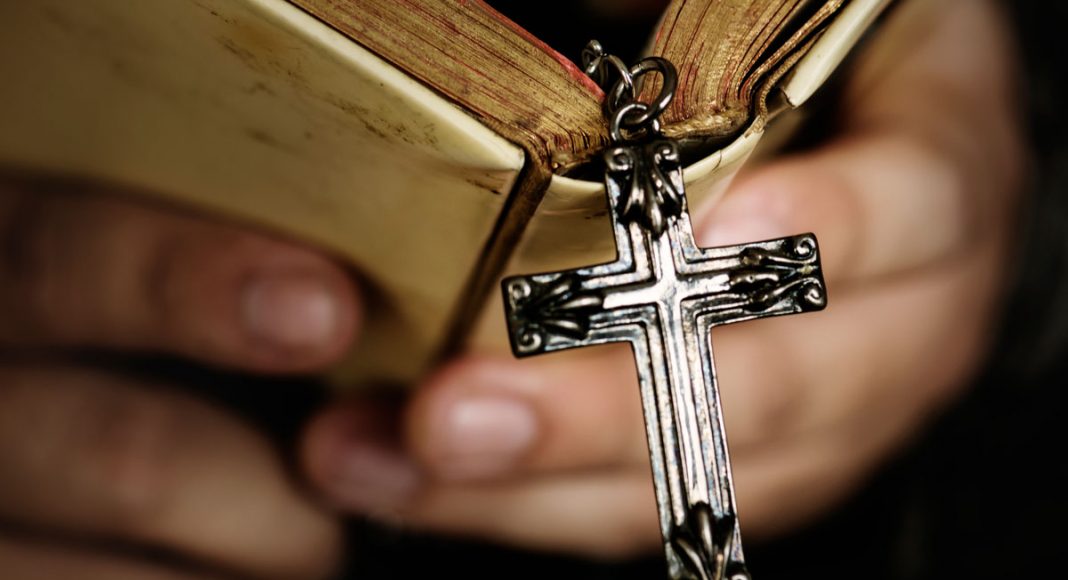It’s not just cannabis — religious people are generally opposed to alternative medicine compared to those who self-identify as being “spiritual.”
The importance of religion in the lives of Americans is on the decline. For people who do still attend religious services, they say they’re optimistic about the future of their house of worship. A new report from the Public Religion Research Institute (PRRI) give insight into the thinking of faith based citizens. Today, just 16% of Americans surveyed said religion is the most important thing in their lives down from 20% a decade ago. What is interesting, is religious people are less likely to use marijuana. According to a report published in Journal of Drug Issues, those living a religious life “tend to exhibit lower rates of medical and recreational marijuana use.”
The researchers found:

The study reveals it’s not just cannabis — religious people are generally opposed to alternative medicine compared to those who self-identify as being “spiritual.” One theory suggests religious individuals may disapprove of certain medical technologies in part because they see potential value in suffering, as compared to nonreligious individuals, which tend to view suffering as something to stop as quickly as possible.
RELATED: Cannabis And Churchgoers Don’t Mix Well, Study Shows
Of course, this is not the first study to find religiosity and marijuana don’t mix. A 2016 study found people who believe the Bible is God’s word were 58% less likely to also support marijuana legalization. Study author Daniel Krystosek, a graduate student in sociology at the University of Nevada, pooled together the data of three national surveys from the National Opinion Research Center at the University of Chicago conducted in 2006, 2008 and 2010.
In 2018, a Pew Research Poll found only 38% of white evangelical Christians support marijuana legalization. Eight out of 10 Americans who do not affiliate with an organized religion support cannabis reform.
The one exception is Rastafarian.


